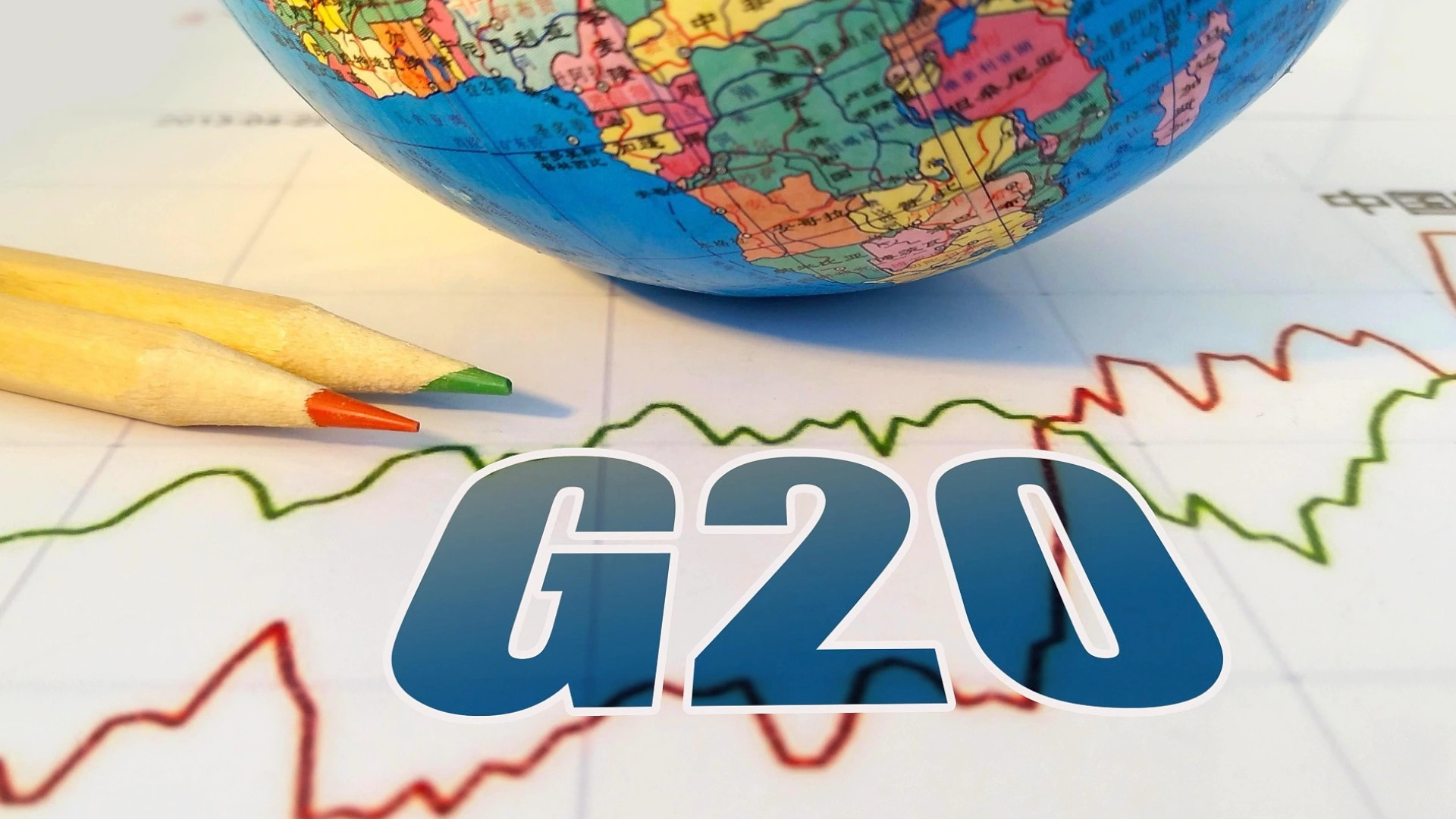During Brazil’s G20 presidency, Finance Minister Fernando Haddad plans to propose significant reforms in multilateral institutions.
This plan was revealed at the formation of the National G20 Commission. The Commission is responsible for guiding Brazil’s leadership in the G20.
Haddad views this period as a crucial opportunity for global change.
Beginning December 1, Brazil will lead the G20 for one year. This is the first time Brazil will hold this position.
Haddad, alongside Brazil’s Central Bank President, Roberto Campos Neto, emphasized the G20’s role.
They noted its importance in global discussions, especially with traditional multilateral organizations facing challenges.
Haddad highlighted the G20‘s capacity to address pressing issues. He noted that these issues are vital for Brazil in the current global context.
He emphasized the necessity of collaboration to prevent the world economy from fragmenting.
Haddad warned of a critical decision point. The world could either move towards increasing division or embrace a new kind of globalization.
This new approach would prioritize social and environmental concerns.
Haddad critically reviewed the globalization of past decades. He linked it to uneven income distribution, developmental disparities, and climate change issues.

He believes Brazil’s G20 presidency is a chance to reshape the global economic landscape.
This reshaping would consider the interests of Brazil, Latin America, and the broader Global South.
Existing Challenges
However, Haddad acknowledged existing challenges. These include ongoing conflicts and a trend towards protectionism in wealthy countries.
He listed several factors beyond his control. These factors include global conflicts, geopolitical tensions, and a crisis in multilateralism.
These crises affect key institutions like the UN, World Bank, WTO, and IMF.
Haddad also discussed the Finance Ministry’s focus during Brazil’s G20 leadership. Priorities include reforming international financial institutions.
This reform aims to increase representation for less developed countries. Another priority is advocating for fair international taxation.
This advocacy seeks to combat tax evasion. Additionally, Haddad committed to addressing the external debt of poorer nations.
In summary, Brazil’s upcoming G20 presidency marks a significant opportunity. The country aims to spearhead reforms in global institutions.
These reforms focus on fair representation, taxation, and debt solutions.
This initiative reflects Brazil’s commitment to shaping a more inclusive and equitable global economic landscape.

